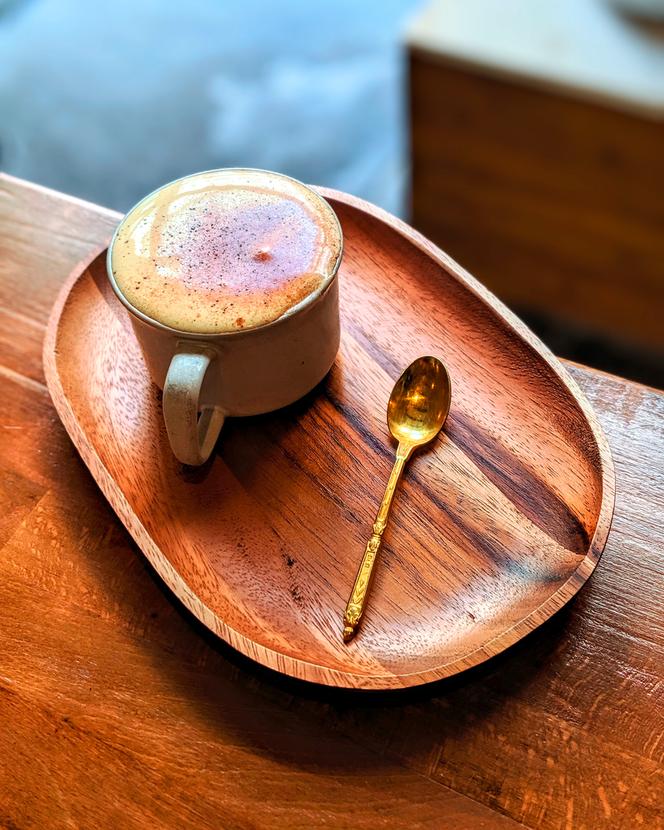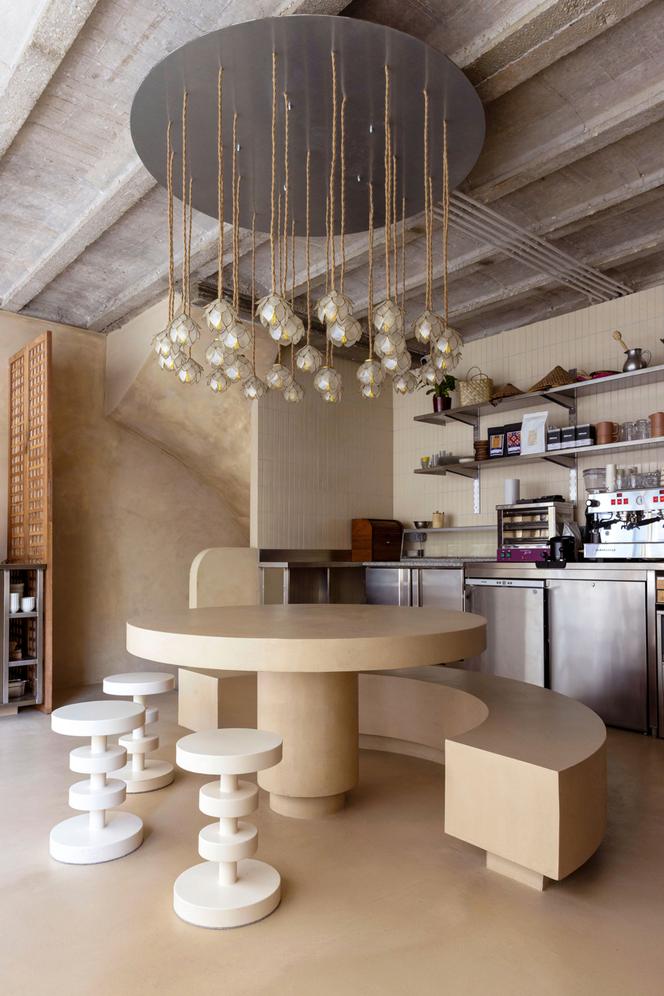


Nam Nguyen's lanky fingers operated a somewhat vintage-looking coffee machine. In a few minutes, Hanoi Corner, his coffee shop in Paris's 9th arrondissement, would be filled with the sweet aroma of coconut coffee, a northern Vietnam specialty and one of Nguyen's clientele's favorite beverages. He opened the capital's first Vietnamese café six years ago with his wife Linh. "Now, at least five of us are doing the same thing," he said with a smile.
Shiba café, Laïzé, Kafé Buki... The distinguishing feature of these establishments, most of which opened in the last five years, is that they use the codes of the traditional American or Nordic-inspired coffee shop, but with an Asian twist. At Kapé, a Filipino coffee shop that recently opened in the 11th arrondissement, customers can enjoy a "kapé de Filipina," an Arabica from the Philippines, or an "ube latte," spiked with purple yam from the archipelago that lends it a vanilla flavor.
According to figures from the International Coffee Organization, which classifies coffee-exporting countries, coffee consumption in Asia – historically a tea-drinking region – "has grown (...) more than in other regions of the world, [transforming it] into the future global epicenter of coffee." lmperatrice Wu, an influencer specializing in Asian gastronomy, confirmed coffee's increasing prominence on the continent: "In Korea, you'd think girls didn't eat and drink only americanos," she quipped.
In Paris, these new Asian coffee shops are undoubtedly connected to the revival of Asian cultures around the world. From K-pop's global resonance to the opening of Hot Pot Noodle, Asia is at the center of a host of culinary and artistic trends, as Eve Bantman-Masum, an anthropologist specializing in expatriation and the author of a study on Parisian coffee shops, explained: "There's been a shift in the geopolitical center of the world. The fashionable places are no longer London or New York, but China or Korea. Asian coffee shops are the perfect example of this trend."
This latest shift has not gone unnoticed by baristas. According to Nguyen, after decades where famous bistros and then transnational giants like Starbucks flooded the Parisian coffee scene, it is opening up "to a new cycle where restaurateurs want to show that coffee also comes with an entire culture. That's what's happening with Asian coffee shops."

This cultural promotion is notably happening via new coffee-making techniques. At Kafé Buki, a Japanese coffee shop in the 2nd arrondissement whose decor cleverly mixes sleekness with kawaii, baristas take time to practice aisukohi, a Japanese cold-brew brewing method that involves pouring hot water directly onto ground coffee that is then passed through the filter.
You have 30% of this article left to read. The rest is for subscribers only.
